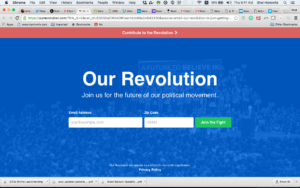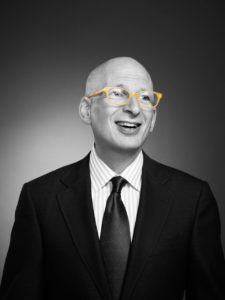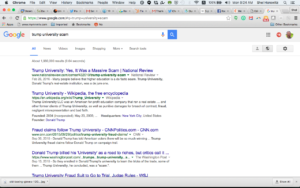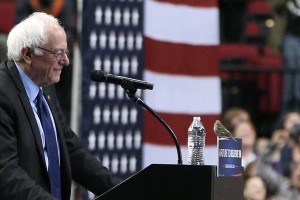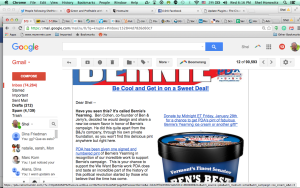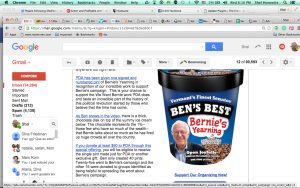Social Entrepreneurship MUST Be Genuine
On a discussion list, a startup entrepreneur asked,
I have noticed that many successful startups are advertising that they donate x% of their profit to someone in need or they help someone have a better life,etc. What do you think is the importance of such messages to gain initial traction and how does it help grow the company?
By the time I saw the post, several other people had jumped in to tell him that social entrepreneurship isn’t just a marketing trick. It must be genuine.
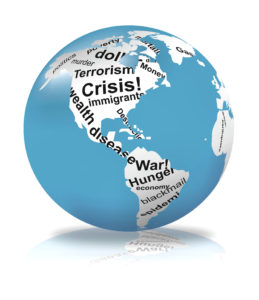
I agree, but there’s more. Here’s what I wrote:
Yes, social giving has to be genuine–motivated not by marketing but by sincerely helping the world–but if you’re doing that, you gain huge marketing advantage if you handle it right.
Keep in mind: charitable give-backs are NOT the only model. I’m rather a fan of creating products, services, and business cultures that directly *and profitably* turn hunger and poverty into sufficiency, war into peace, and catastrophic climate change into planetary balance. In fact, in my latest book, Guerrilla Marketing to Heal the World–which is focused on this aspect–charity givebacks account for part of one chapter out of 22 chapters. In my speaking and consulting, I help companies actually develop these kinds of approaches. You can get a very quick early-stage introduction by spending 15 minutes with my TEDx talk, “Impossible is a Dare” https://www.ted.com/tedx/events/11809 (click on “event videos”)–but recognize that this was 2 years ago and the work has evolved a lot since then.All other things (such as price, quality, convenience) being comparable, consumers “vote with their feet” to support ethical, green, socially conscious companies. So you, as a startup, have the chance to look at the skills, interests, and wider goals within your company…create products and services that match these skills, interests, and goals with wider goals like the Big Four I mentioned at the beginning…and market them effectively to both green and nongreen markets (which has to be done differently, as I discuss in the book). But please, do it with good intentions! (I can help, BTW.)

